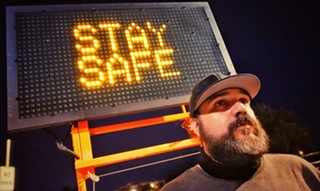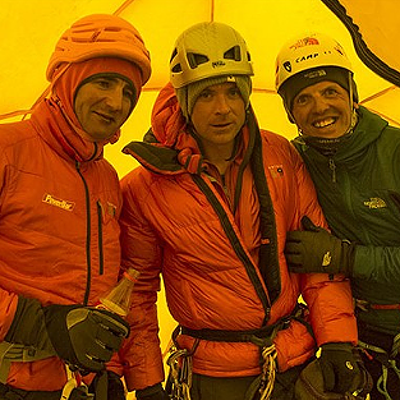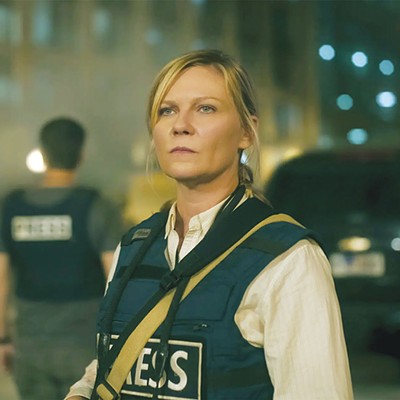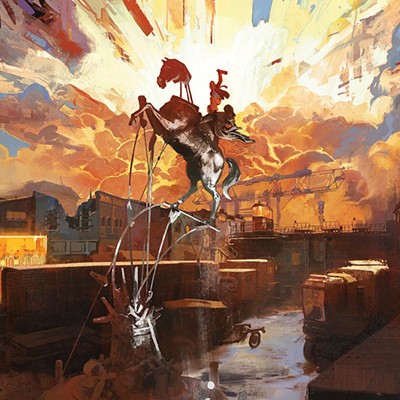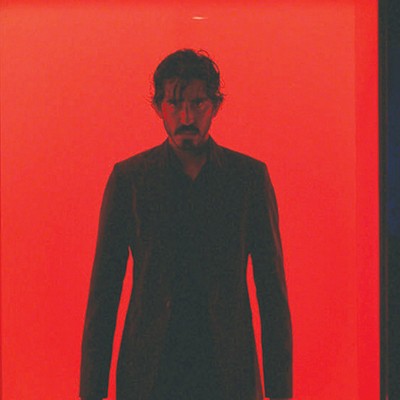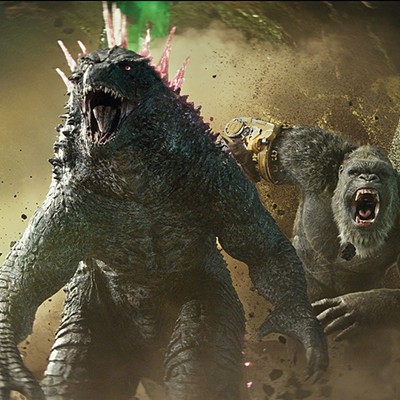Everest has a disaster picture vibe along the lines of the old Irwin Allen flicks like The Poseidon Adventure. The main difference is that the story being told in Everest is true and that the lives lost were gone forever, not just off of the call sheet for the rest of filming. The film plays closer to movies like A Perfect Storm and Alive than The Towering Inferno, although with less melodrama than the other flicks combined.
Everest tells several stories at once, with the most time spent on that of Rob Hall (played by the always solid Jason Clarke), the famed Mount Everest guide and his agency, Adventure Consultants, as they take a group up in hopes to summit the behemoth. A deep bench of actors filled with the likes of John Hawkes, Josh Brolin, Naoko Mori, and Michael Kelly (as Jon Krakauer) are just a few of the people heading up the mountain for the doomed summit attempt.
Director Baltasar Kormákur does a surprisingly good job with the material. He previously helmed the decent Contraband and the almost decent 2 Guns, but with Everest he almost starts approaching subtlety. While the vistas and mountain climbing sequences in the film are breathtaking in 3-D IMAX, none of it would work without a deft hand with the characters and action.
When things start going badly in adventure films, most filmmakers tend to over-do just about everything. The music gets louder and more dramatic, the performances become bombastic and maudlin, and the camera starts operatically sweeping through everything like a TMZ reporter searching for tears. Kormákur stages everything, while not perfectly, with enough subtlety to keep the film feeling unsentimental and factual.
It's obvious where Kormákur and writers Simon Beaufoy (127 Hours) and William Nicholson (Unbroken) land on the events of that day. All of these real people are shown to be painfully human, whose mistakes and triumphs come out of strength and frailty instead of script contrivances to keep the film moving along. Jon Krakauer does not come across very well in this, but in some ways, not many of the people do.
The script and finished film does not lionize any of these men. Some of the men (and women) died because of mistakes they made and some died because they were trying to save the people who made the mistakes. The film treats the dead as victims of a massive and implacable lethality that trying to climb a mountain inherently brings. Climbing Everest was a thing that these people felt that they HAD to do, not just wanted to do, and the senselessness of their deaths is shown in the faces of the friends and family left behind. The film is nonjudgmental in some respects, but only in the silent and haunting photography of the deaths are we allowed as viewers to make up our own minds about these people.
Everest is not perfect. There are too many characters to focus on sometimes, and character motivations are cloudy, while the script leans heavily on cliché when some proper simplicity would do. Also, the film is only showing in 3D IMAX, so if that isn't your bag then waiting for video (or for Regal to put it into a 2D auditorium) might be the only way to catch it. But the 3D is grand and impressive, making it worth the extra shekels. It is a solid film, intense and harrowing, making the whole experience look miserable, but the questions it raises about man's ambitions to climb a mountain just because it's there are somewhat more interesting than the film itself.
Everest
Directed by Baltasar Kormákur Grade: B
Now Playing at Old Mill Stadium 16

